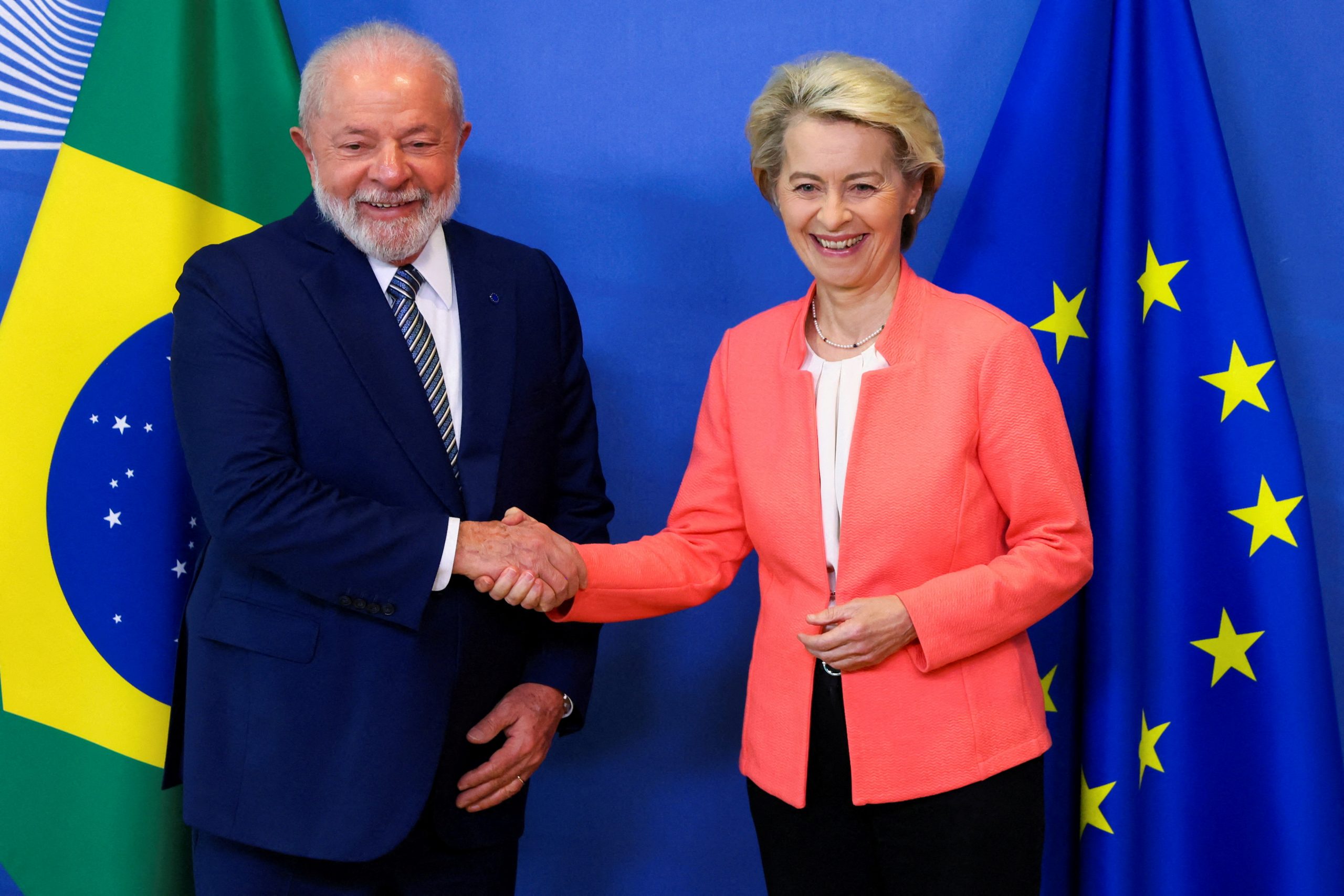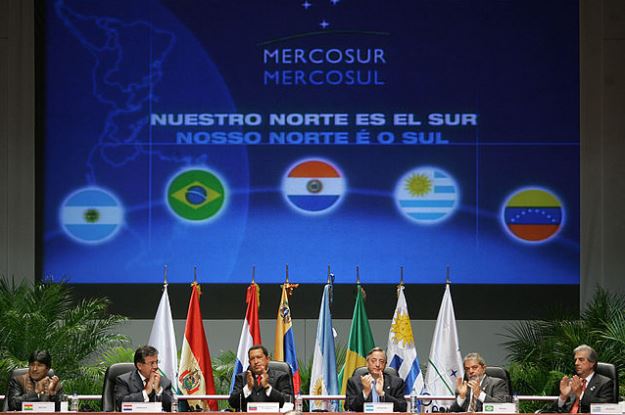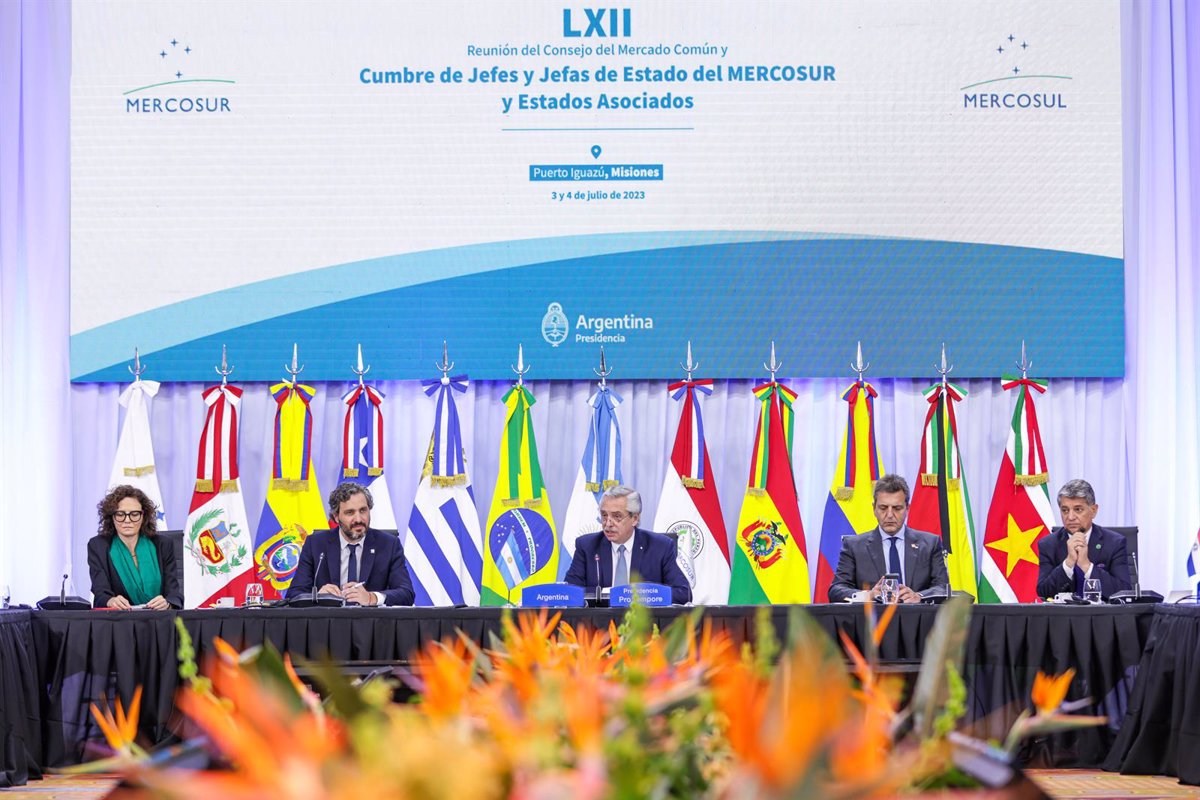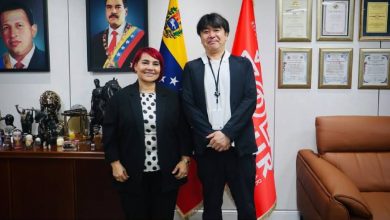MERCOSUR, short for the Southern Common Market, stands as a beacon of economic integration and cooperation in South America. Established in 1991 with the signing of the Treaty of Asunción by Argentina, Brazil, Paraguay, and Uruguay, MERCOSUR aims to promote free trade and closer economic ties among its member states.

MERCOSUR, which stands for Mercado Común del Sur in Spanish, or the Southern Common Market in English, is a regional trade bloc in South America. It was established with the signing of the Treaty of Asunción in 1991 by Argentina, Brazil, Paraguay, and Uruguay, with the goal of promoting free trade and economic integration among its member states.
The main objectives of MERCOSUR include:
- Free Trade: MERCOSUR aims to eliminate tariffs and other trade barriers among its member countries, facilitating the free movement of goods and services within the bloc.
- Economic Integration: The bloc seeks to foster closer economic ties among its member states, encouraging investment, cooperation, and joint development projects.
- Common External Tariff: MERCOSUR member countries maintain a common external tariff (CET) on imports from non-member countries, allowing for a unified approach to trade negotiations with external partners.
- Political Cooperation: Beyond economic matters, MERCOSUR also promotes political dialogue and cooperation among its members on various issues of mutual interest, including human rights, democracy, and regional stability.
- Social and Cultural Integration: MERCOSUR aims to promote social and cultural integration among its member states, fostering collaboration in areas such as education, culture, and tourism.
Over the years, MERCOSUR has expanded its scope to include associate members and observer countries, as well as engaging in trade agreements with other regions and blocs around the world. While the bloc has faced challenges and setbacks, it remains an important player in South American regional integration efforts, with ongoing efforts to deepen economic and political cooperation among its members.

At its core, MERCOSUR is driven by several key objectives. First and foremost is the pursuit of free trade within the bloc, achieved through the elimination of tariffs and other trade barriers among member countries. This facilitates the seamless movement of goods and services across borders, fostering economic growth and development throughout the region.
A pivotal aspect of MERCOSUR’s framework is the implementation of a common external tariff (CET) on imports from non-member countries. By maintaining a unified approach to trade negotiations with external partners, MERCOSUR member states can leverage their collective strength to secure favorable trade agreements and enhance their competitiveness on the global stage.

POLITICA INTERNACIONAL
Esteban Collazo/Telam/Dpa
Beyond trade, MERCOSUR also serves as a platform for political cooperation and dialogue among its members. Issues such as human rights, democracy, and regional stability are addressed through diplomatic channels within the bloc, promoting mutual understanding and collaboration on matters of shared concern.
Moreover, MERCOSUR endeavors to foster social and cultural integration among its member states. By facilitating exchanges in areas such as education, culture, and tourism, the bloc seeks to deepen the bonds of friendship and solidarity among the peoples of South America.
Over the years, MERCOSUR has expanded its reach, welcoming associate members and engaging in partnerships with observer countries. These efforts have further strengthened the bloc’s influence and presence in the region, paving the way for deeper economic and political cooperation across South America.
Despite facing challenges and setbacks along the way, MERCOSUR remains steadfast in its commitment to promoting regional integration and prosperity. Through ongoing efforts to deepen economic ties, enhance political dialogue, and foster social and cultural exchange, MERCOSUR continues to play a pivotal role in shaping the future of South America.
As the world increasingly recognizes the importance of regional cooperation in addressing global challenges, MERCOSUR stands as a shining example of what can be achieved through collective action and solidarity. With a shared vision of a more integrated and prosperous South America, the member states of MERCOSUR are working together to build a brighter future for generations to come.



